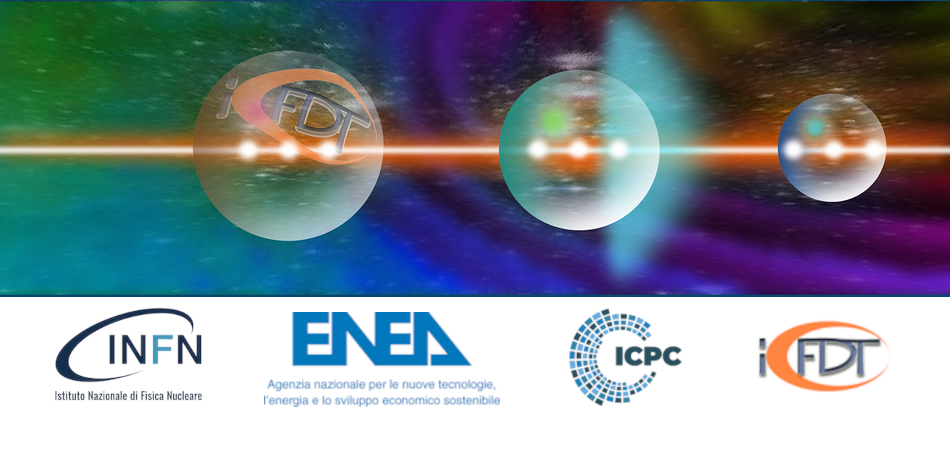Speaker
Description
An autoencoder (AE) is an unsupervised artificial neural network used to learn data patterns. By compressing data, an input signal is encoded into latent space variables and then decoded to reconstruct the input from these variables. This compression process, a form of dimensionality reduction, retains only the intrinsic characteristics of the signal, excluding non-descriptive elements. This approach is crucial for experimental signal preprocessing, particularly in the denoising phase and database anomaly detection, especially in applications where the use of filters may compromise the visibility of signal anomalies or where it is not possible to collect more signals for statistical comparison. Autoencoders are particularly valuable in these cases because, once the network is trained, they can be used for real-time applications. Additionally, as an unsupervised approach, they are not prone to overfitting even if the database contains anomalous signals.
In this work, we present the application of autoencoders in lidar environmental contexts to address the challenge of denoising signals affected by high electromagnetic periodic noise. Additionally, we demonstrate a more common anomaly detection application of autoencoders in database processing.

